biology
September 1, 2008
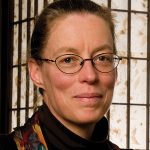
Teachers of the year, 2008
The seven winners of the UW’s Distinguished Teaching Award talk about what happens in their celebrated classrooms.
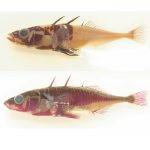
Fish armor up
When Washingtonians initiated a lake cleanup and visibility jumped from about 30 inches to 25 feet, the stickleback had a challenge: Evolve or die. The fish’s solution? Revert to an earlier design.
September 1, 2007
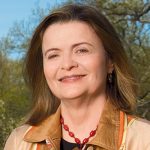
Running the show
Kim Bottomly is bringing that same passion for hands-on learning to Wellesley College, where she assumed the presidency on Aug. 1.

Honoring a legend
The University will salute UW Genome Sciences and Biology Professor Benjamin Hall Oct. 17 when it dedicates its newest research facility in his honor.
June 1, 2006

The right questions
It was a puzzle no one could solve: How does the nose detect and distinguish 10,000 different odors? But Linda Buck's curiosity—and tenacity—led her to the answer and ultimately to Stockholm.
June 1, 2005
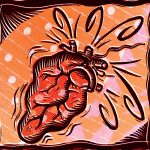
Antibiotics won't do it
Could bacteria also be a culprit in heart disease? In April the UW released the first results of a study — and the verdict so far for C. pneumoniae is not guilty.
March 1, 2005
Donation for science
The philanthropy of Genome Sciences and Biology Professor Benjamin D. Hall and his wife, Margaret A. Hall, ’84, is creating future support for graduate students in biology and genome sciences at the UW.
September 1, 2001
Turning off TB
UW Pathobiology Professor David Sherman announced that he was able to interrupt the function of a TB gene that allows the bacterium to go dormant.
June 1, 2000
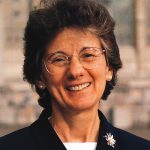
No stopping her
Enthralled by science, Rita Colwell broke through a decades-old glass ceiling to become the first woman to lead the National Science Foundation.
September 1, 1999
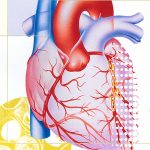
For the heart
UW Professor Thomas Grayston is principal investigator of an $11 million grant to see if killing a form of bacteria reduces heart attacks.
March 1, 1994
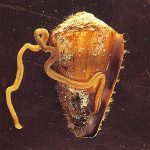
Spineless friends
The Smithsonian Press calls UW zoology professor Alan Kohn the world's leading authority on marine cone snails.
September 1, 1993

The ultimate biotech
The emerging field of biomimetics draws on some of the most powerful source material imaginable: hundreds of millions of years of evolution.